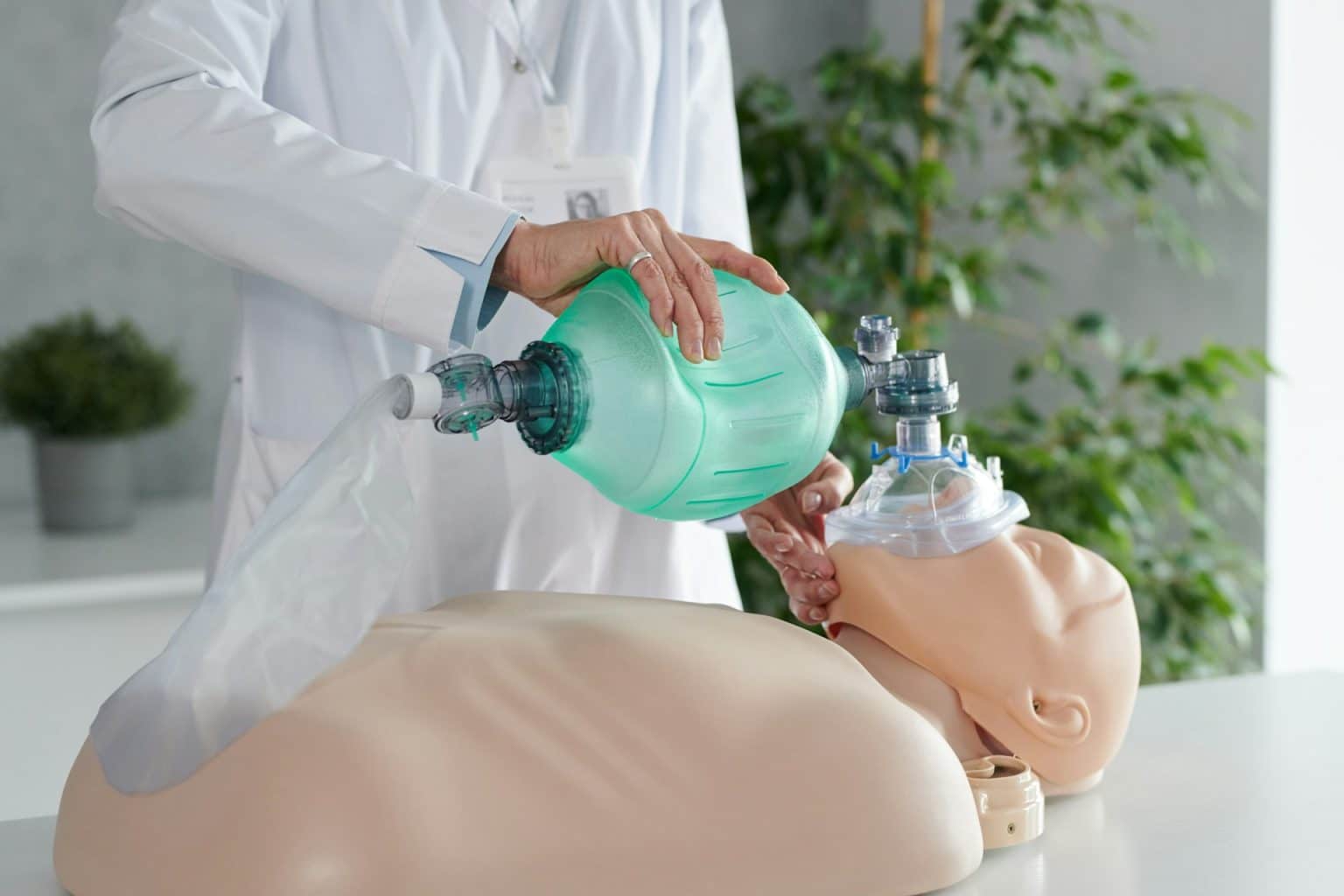The UK’s healthcare system is under immense pressure — from rising patient demand and workforce shortages to the expanding complexity of care outside hospitals. Yet beneath the headlines about waiting lists and funding crises lies another, quieter challenge: the country’s growing gap in emergency life support skills.
At a time when seconds can mean the difference between life and death, not every clinician, nurse, or community health worker has access to the ongoing training needed to maintain life-saving competencies. Experts warn that this gap — if left unaddressed — could undermine patient safety and staff confidence across the NHS and beyond.
The Shrinking Safety Net
The NHS workforce is more stretched than ever. According to NHS England, staffing shortages remain at record levels, and the system increasingly relies on agency and locum staff. With workloads mounting, opportunities for continuous clinical training are often postponed or deprioritised.
That might not seem critical — until an emergency arises. Every year, thousands of cardiac arrests occur in UK hospitals and community settings. Resuscitation Council UK (RCUK) data shows that only around one in five patients survive to discharge after in-hospital cardiac arrest, a figure strongly linked to the speed and quality of the response.
When healthcare professionals lack recent training in Advanced Life Support (ALS), Immediate Life Support (ILS), or Basic Life Support (BLS), the chain of survival weakens. “Resuscitation skills fade fast without practice,” one senior paramedic explained. “Even highly experienced clinicians lose confidence if they haven’t trained for a while.”
Training Gaps Beyond the Hospital Walls
The challenge extends far beyond acute care. The NHS Long Term Plan envisions more care being delivered in the community — through GP surgeries, care homes, and urgent treatment centres. These environments may not always have immediate access to crash teams or emergency departments, meaning first responders need to be competent and confident in life support techniques.
Unfortunately, community and private healthcare settings are often the most under-trained. Some rely on outdated or inconsistent training, while others fail to refresh skills annually. This is particularly concerning for healthcare assistants, agency nurses, and allied health professionals, who frequently rotate between sites.
The Resuscitation Council and Health Education England both recommend regular, structured refresher training, but compliance varies significantly across regions and providers.
Closing the Gap with Accredited Training
To tackle this growing issue, accredited training providers are stepping up to deliver flexible, accessible life support courses tailored to different professional levels.
Organisations like RCMS Life Support offer RCUK-approved programmes, including Advanced Life Support (ALS), Immediate Life Support (ILS), and Basic Life Support (BLS) courses designed to help healthcare professionals refresh essential resuscitation and emergency response skills.
By combining practical, simulation-based scenarios with evidence-based learning, these courses ensure that medical and allied health staff remain ready — not just to pass certification exams, but to perform effectively when lives are on the line.
“Our goal is to make sure healthcare professionals feel capable and calm in those critical first moments,” says an RCMS instructor. “Training builds not just skill, but confidence — and confidence saves time when every second matters.”
Confidence, Competence, and the Human Factor
One of the most significant benefits of structured resuscitation training is psychological. Clinicians who undergo regular ALS or ILS refreshers consistently report lower anxiety in emergencies and greater team coordination. In multidisciplinary settings, this translates to better communication and faster response.
The same principles apply across every healthcare environment — from hospitals to dental surgeries, and from GP clinics to ambulance services. Life support training reinforces a universal truth: saving lives depends on the confidence to act decisively under pressure.
Technology and Training in the 2020s
Digital learning and blended models have made it easier than ever to stay certified. E-Learning platforms such as e-ALS (electronic Advanced Life Support) allow participants to complete theoretical modules online before attending a short, practical assessment session. This reduces time away from work while maintaining RCUK’s high training standards.
However, experts stress that no amount of online learning replaces hands-on practice. The physical skills of chest compressions, airway management, and defibrillation require muscle memory — and only realistic training scenarios can provide that.
A National Priority
As Britain rebuilds its healthcare workforce post-pandemic, emergency training must remain a top priority. From community nurses to dental staff, every clinician plays a role in the chain of survival. Life support training should no longer be treated as a “tick-box” exercise but as a vital component of professional competence.
Because when the unthinkable happens — in a hospital ward, a care home, or a dental surgery — it isn’t policy that saves lives. It’s people who’ve trained to respond.



